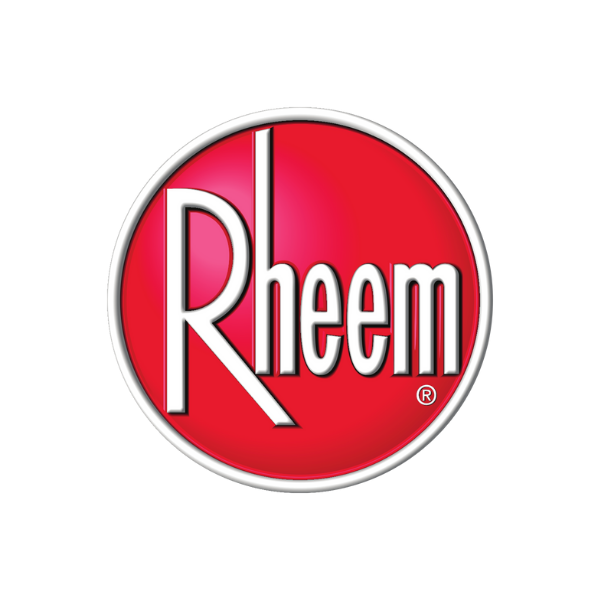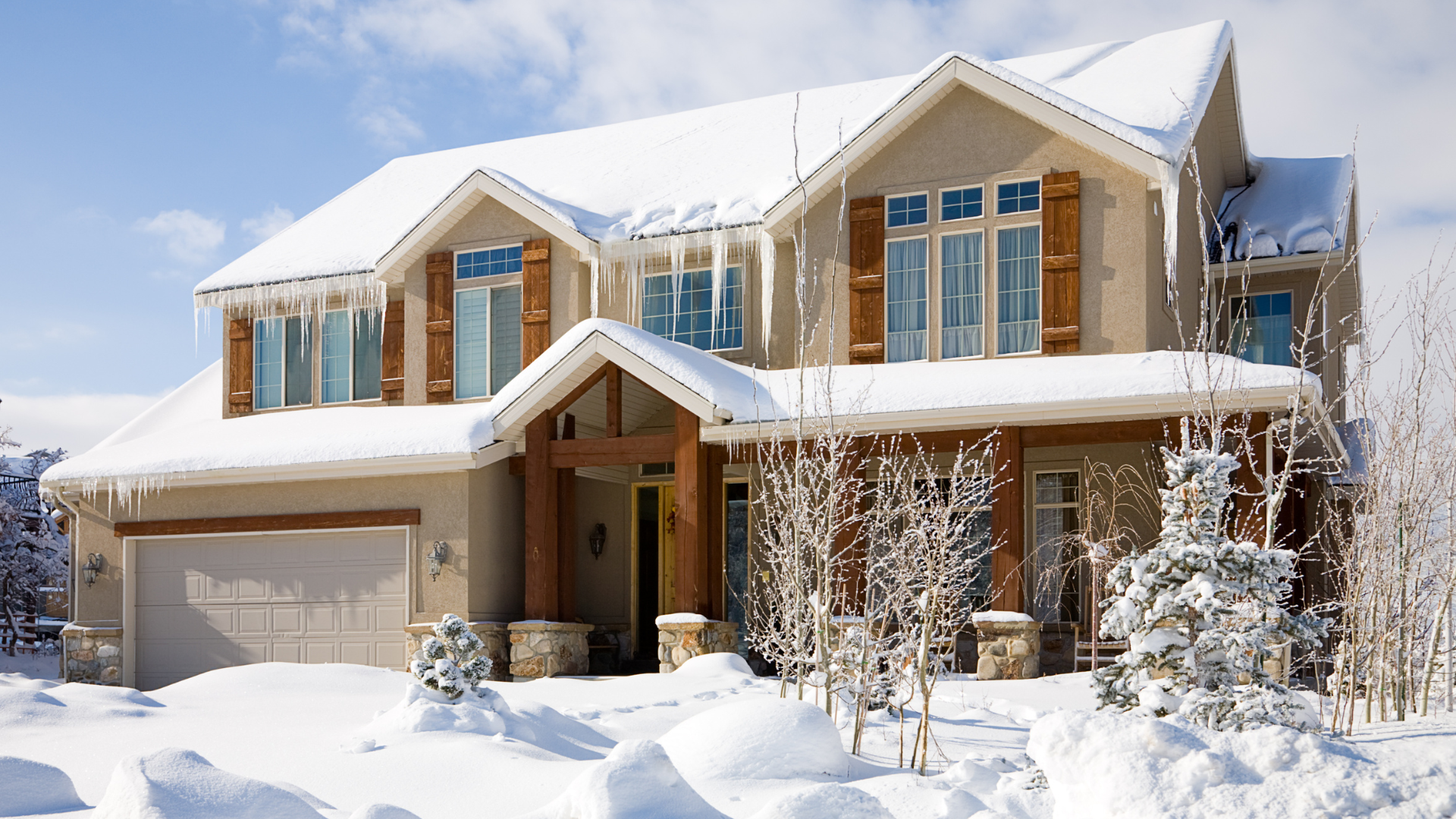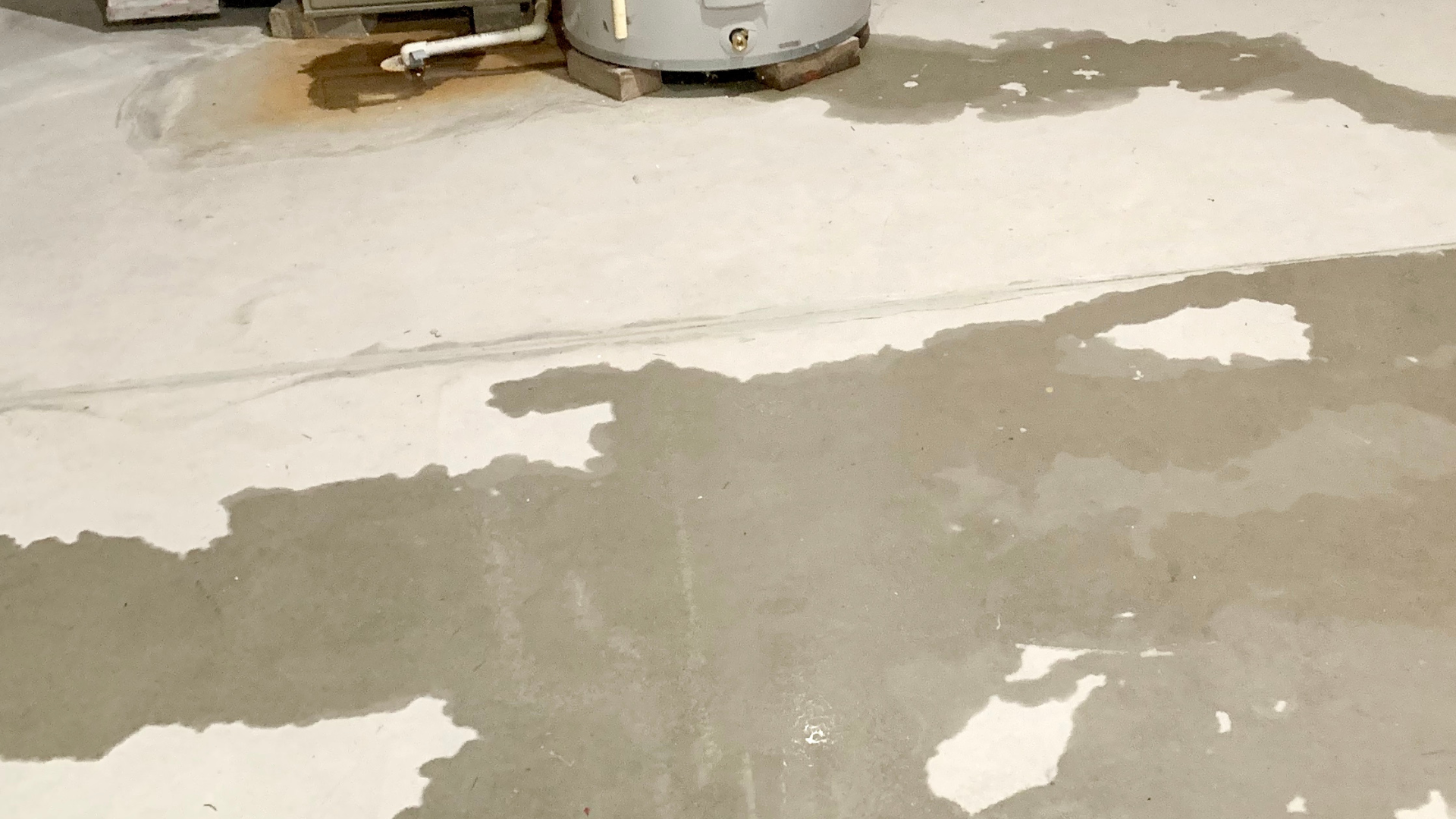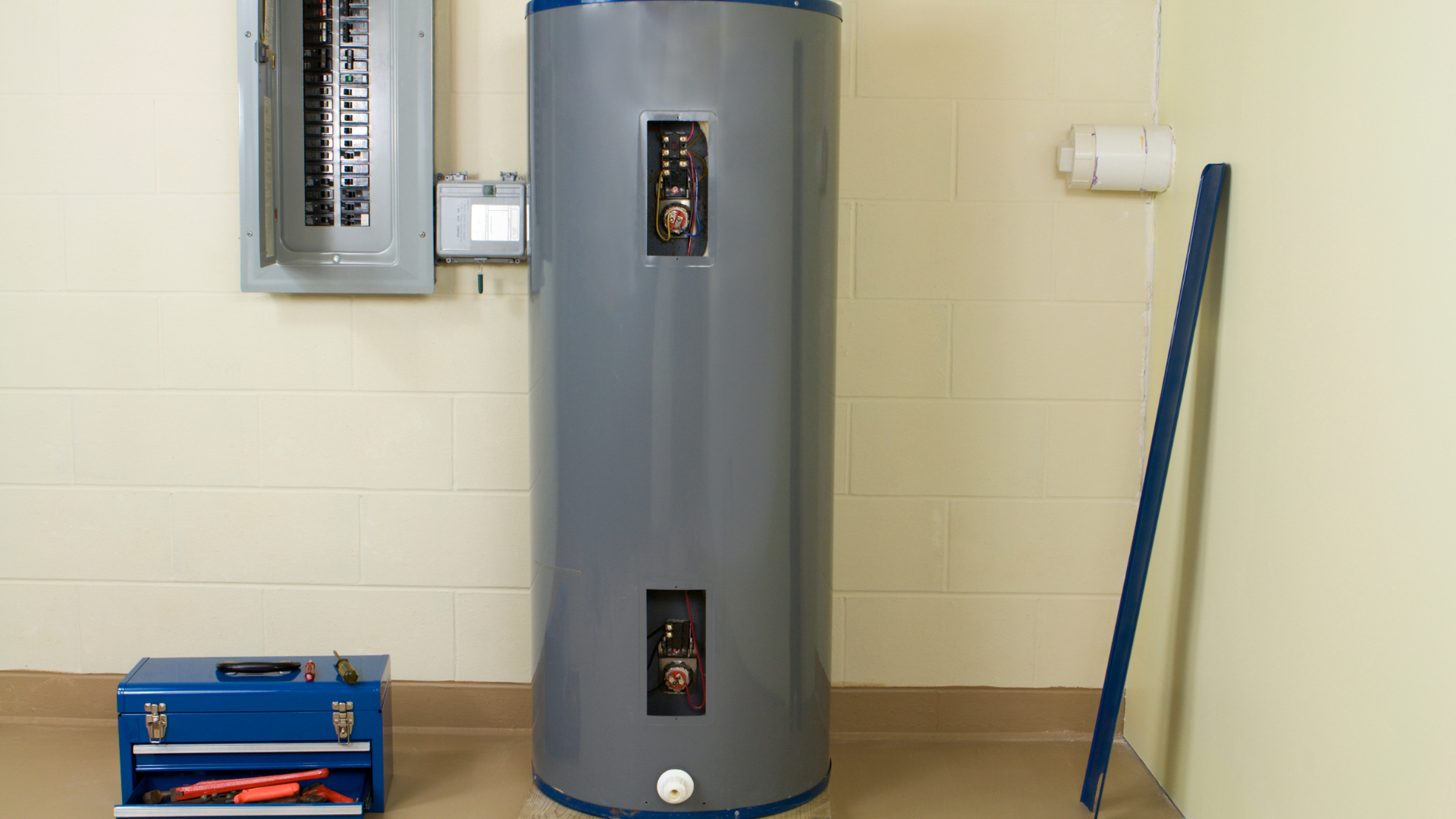Rheem
Rheem: Affordable Comfort for Your Home

Rheem is a well-established name in the home comfort industry, offering a wide range of heating and cooling solutions alongside their popular water heating products. Known for providing reliable performance at a generally more accessible price point than some premium brands, Rheem has become a go-to choice for many homeowners. This article will delve into Rheem's history, typical pricing, warranty provisions, industry standing, and manufacturing locations.
A History Rooted in Hot Water and Home Comfort
The Rheem Manufacturing Company was founded in the mid-1920s by brothers Richard and Donald Rheem, initially acquiring a galvanizing plant in San Francisco, California. Their journey into home comfort truly began in the 1930s with the manufacturing of water heaters, quickly establishing coast-to-coast distribution.
By the 1940s and 1950s, Rheem expanded its product line to include space heating units, oil furnaces, and air conditioners. A significant milestone was the 1959 acquisition of Ruud Manufacturing Company, a pioneer in the water heating industry. Rheem solidified its presence in the heating and air conditioning market in the late 1960s and 1970s with the rapid growth of central air conditioning. In 1979, Rheem further diversified by adding heat pumps to its offerings. Since 1988, Rheem has been a wholly-owned subsidiary of Paloma Industries of Nagoya, Japan, the world's largest producer of gas appliances, which has further fueled its global reach and innovation.
Price Point: Value-Oriented Performance
Rheem HVAC systems typically fall into the mid-range price point, offering a good balance of features, efficiency, and affordability. This makes them an attractive option for homeowners seeking reliable performance without the higher upfront costs associated with some luxury brands.
For air conditioners, the unit alone can range from $1,200 to $5,500, with the total installed cost generally between $4,000 and $9,500. Factors like SEER2 rating, unit size, and specific model (Classic, Classic Plus, Prestige series) will influence the final price.
Rheem furnaces typically cost between $4,500 and $11,800 installed, with the unit itself ranging from $850 to $4,100. Heat pump systems can range from around $6,500 to $10,500 for the unit, with installed costs varying based on the complexity of the system. While less expensive than some top-tier brands, Rheem units still offer good energy efficiency, with some models achieving SEER2 ratings up to 20.5 and AFUE ratings up to 98% for furnaces.
Warranty Offerings
Rheem provides competitive warranties to protect your investment:
- Standard Limited Parts Warranty: Most Rheem residential HVAC products come with a 5-year limited parts warranty.
- Registered Limited Parts Warranty: By registering your Rheem product within 60 days of installation, this warranty typically extends to 10 years on parts. Some components, like heat exchangers in furnaces, may have longer limited warranties, up to a limited lifetime on certain models.
- Optional Extended Service Plans (Protection Plus™): Homeowners can often purchase extended service plans through their Rheem dealer. These plans can extend coverage for parts and include labor costs, offering additional peace of mind beyond the standard factory warranty.
It is always recommended to register your product online and discuss specific warranty terms with your authorized Rheem dealer.
Reputation: Dependable and Budget-Friendly
Rheem has built a strong reputation for delivering reliable, durable, and energy-efficient HVAC solutions at a more accessible price point. Many reviews highlight the affordability of Rheem AC units and their consistent cooling power, especially during hot summers. Customers also appreciate their quiet operation and user-friendly controls.
While generally well-regarded, some customer reviews, particularly concerning water heaters (which Rheem is also a major manufacturer of), occasionally mention longer wait times for customer service or difficulties with certain warranty claims, often related to labor costs not covered by the standard parts warranty. However, the overall consensus for their heating and cooling equipment points to a solid brand that delivers on its promise of reliable comfort and good value.
Where Rheem HVAC is Manufactured
Rheem Manufacturing Company, while headquartered in Atlanta, Georgia, operates several manufacturing facilities across the United States, as well as internationally. Key production sites for Rheem's heating, cooling, and water heating products in the U.S. include:
- Fort Smith, Arkansas (Air Conditioning Division headquarters and manufacturing)
- Montgomery, Alabama (Water Heating Division headquarters and manufacturing)
- Oxnard, California
- Eagan, Minnesota
All of Rheem's manufacturing facilities are ISO 9001 certified, demonstrating their commitment to rigorous quality management systems. They also operate a state-of-the-art Parts Distribution Center in Randleman, North Carolina, and have a significant international presence, including facilities in Canada, Australia, Mexico, Brazil, and Singapore.
Conclusion
Rheem stands as a strong contender in the home services market, offering a compelling blend of affordability, reliability, and efficiency in its heating and cooling equipment. With a long history of serving homeowners and a commitment to quality manufacturing in the U.S. and globally, Rheem provides dependable comfort solutions that fit a variety of budgets. For those seeking a proven brand that delivers solid performance without the premium price tag, Rheem is an excellent choice.
Sources:
- About Rheem: https://www.rheem-mea.com/about/
- Rheem Manufacturing Company Timeline: http://rmc-cdn.s3.amazonaws.com/site/rheemdotcom/_uploads/contenthub/Rheem-Timeline/index.html
- Modernize: 2025 Rheem Air Conditioners Review: https://modernize.com/hvac/best-air-conditioner-brands/rheem
- Modernize: Rheem Furnace Review: 2025 Costs, Top Models & Benefits: https://modernize.com/hvac/best-furnace-brands/rheem
- Buy Comfort Direct: Rheem Split Heat Pumps: https://www.nationalairwarehouse.com/product-category/featured-brands/rheem/rheem-heat-pumps/rheem-split-heat-pumps/
- Air Design: HVAC Warranty - Air Design: https://airdesignac.rheempropartner.com/warranty
- HVAC.com: Rheem AC Reviews: Understanding Your Options: https://www.hvac.com/expert-advice/rheem-ac-reviews/
- Consumer Affairs: Rheem Reviews: https://www.consumeraffairs.com/homeowners/rheem.html
Click Another Article to Read More










